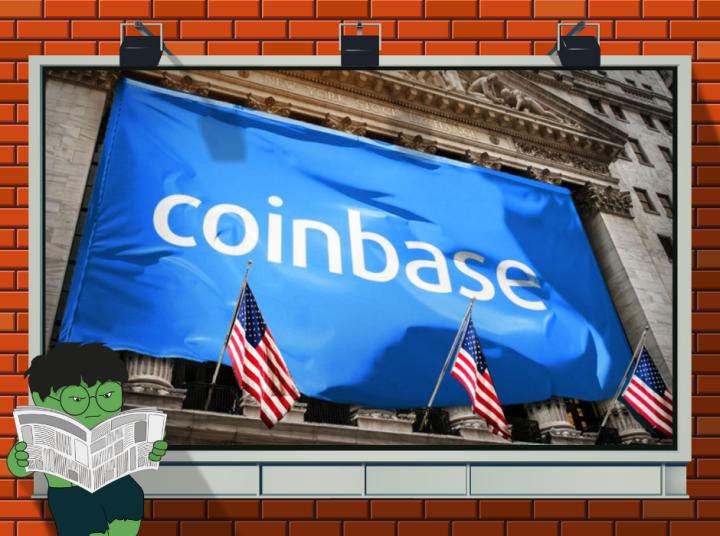Can the problem of "fake bills" for charity transfers happen if all transactions are recorded, displayed publicly, transparently and cannot be changed on the blockchain?
Also Read: McKinsey: Blockchain is the top technology trend in 2024
Blockchain helps prevent fake bills and fake transactions.
As we all know, one of the biggest advantages of blockchain technology in general is that it makes every transaction more transparent. That is, once a transaction is successfully executed, no one has the right or ability to modify/add/delete any information. In addition, anyone can directly track each transaction if they want, which is difficult to do in the traditional financial market.
Because, normally, to keep statistics of incoming/outgoing transactions of a bank account, we often need bank statements. Of course, it is personal data and not everyone is willing to make it public. Taking advantage of this, in some charity programs/activities, the most recent of which is to support people affected by storm No. 3 (Yagi), some people have faked bills (fake money transfer transactions) to falsely declare the actual amount of money spent (usually much higher) for many different purposes.
Everything was fine until the governing body publicly announced the account statement during the time of the charity donation activity. When the community compared it with the information previously announced by some people, the hidden corners were gradually exposed. The same transaction, same time frame, same money transfer content, but the amount was much lower than what they communicated.
Previously in Vietnam, there were also many people who were singers, artists, KOLs, KOCs… using their reputation to call for people to support charity. Receiving trust, a large amount of money from the “donors” was transferred to the personal accounts of those calling for charity. However, when suspicions arose, those calling for charity were forced to submit bank account statements, which was also when suspicions of embezzlement of charity money were exposed.
The good news is that with blockchain technology, every individual in the community can track and trace any transaction that takes place within a period of time they want. And if blockchain were applied to charity, perhaps there would not be so many negative issues happening as it is today.
Also Read: Practical examples of blockchain technology applications in Vietnam
Apart from applying blockchain in the charity sector to prevent fake bills and fake transactions, what other areas do you think it can be applied to? Chia with BeInCrypto your views on this issue in our community group on Telegram.







